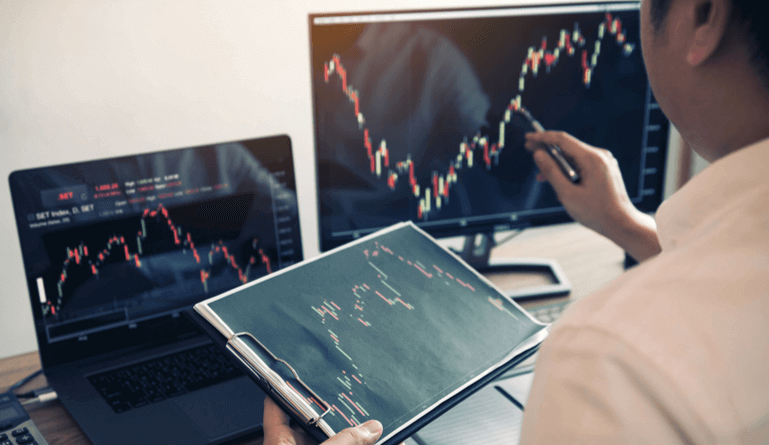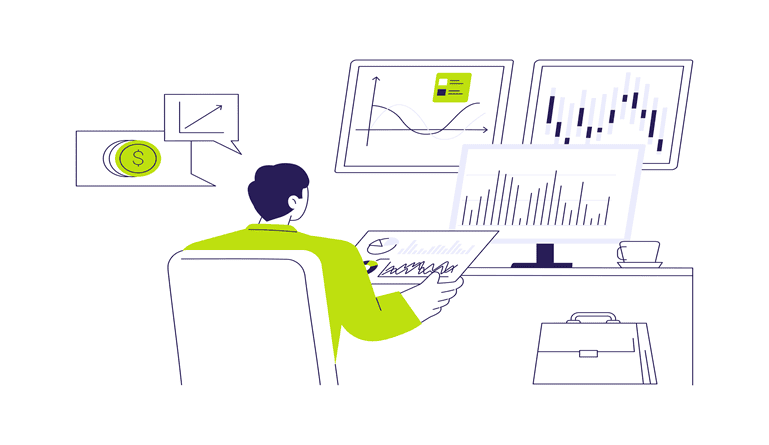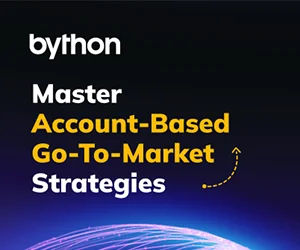The stock market as we know it today has its beginnings in the 1500s. In the centuries that have passed, we have seen huge advances in technology, with the vast majority of these taking place in the last 50 years – and there’s no sign of these advancements slowing down in the future.
As the stock markets have evolved thanks to changing tech, it’s worth taking a look at what we have now and where we’ve come from. Here, we take a deep dive into the impact of technology on the trading floor.
The Different Trading Markets
There are different trading markets that require dedicated technologies. While the stock market was the first example of trading, additional markets have formed as demand has grown and the tech used within these has been developed to make trading accessible.
Forex, for instance, needs accurate conversion calculators. Changing technologies have made it possible for calculating currency spreads and pairs quickly. Speed and efficiency are key in all trading, but for forex, in particular, time is one commodity that traders don’t have, so any technology that can speed processes up is helpful.
Cryptocurrencies, by their very nature, are built on the latest tech. Blockchain, the record-keeping system that keeps these online currencies secure is the result of advances in technology. Despite concerns around the effectiveness of blockchain, it remains an innovation that keeps these digital currencies secure.
Stocks, meanwhile, saw the biggest shake-up in the 1990s when dotcom companies soared in popularity. Suddenly, the stock market saw a flurry of businesses enter a field that had largely been dominated by traditional stocks and bonds. The successful dot-com innovators still reign today, with tech stocks like Amazon and Alphabet dominating the NASDAQ exchange.
The Benefits of Tech in Trading
Overall, the positives of technological advantages far outweigh the disadvantages. The major positive is that the trading floor has become more accessible. Where once the markets were reserved for those who worked their way up in the world of finance, technology has allowed the everyman to try their hand at trading.
The internet has helped to demystify trading. From dial-up in the late 1990s to the latest fiber-optic broadband today, going online opened the door to the markets.
From there, the introduction of mobile devices further changed the markets. In fact, mobile trading has probably had the biggest impact on both established and new traders. By 2024, it’s predicted that there will be almost 62 million smartphone users in the UK alone. A significant number of these are sure to be forex traders, especially when there is so much tech available at their fingertips.
Trading platforms such as MetaTrader4, for example, can be accessed on smart devices, making it easy to access CFDs on forex, along with stock indices and bonds. These digital platforms and online tools help to educate novices, adding to the competition, and showcasing data in an easily digestible format.
Also, this tech gives all traders the ability to access the markets at any time. This means there are quicker response times and the ability to tap into the markets as soon as they open around the world. Traders needn’t head to the trading floor; the trading floor has come to them.
As the world of tech continues to evolve and more people have access to digital devices, it’s likely there will be even more people trading in forex, stocks, commodities, and cryptocurrencies in the years to come.
( Also Read: Digital Currency: The Ultimate Guide )
The Influence of Artificial Intelligence and Big Data
Recent decades have seen the development of artificial intelligence (AI) and machine learning across different industries and sectors. This technology has been at the forefront of the Fintech revolution and has had a variety of consequences for the trading markets. Primarily, with the cost of advanced computing power reducing, many firms are using AI to develop machine learning and other methods to create financial models to increase their profitability.
The modern world is driven by data – and AI offers the key to unlocking the potential power of big data sets. With big data, investors have unparalleled access to trends and patterns that can provide invaluable insight into future predictions. So, the question remains, is AI going to create inequality between those fighting for profit in the trading markets?
The human element in financial trading is certainly more significant in some markets than others. In stock trading, for example, socio-cultural factors are vital in determining the value of stocks and thus some may argue that humans will always be able to respond to such trends better than AI relying on historical data.
In other markets such as forex, fluctuations in currency value mean that the opportunity for profit is more a matter of reaction time rather than long term investment strategy. AI certainly gives an advantage here.
The Future of Digital
In two decades, the world has experienced a digital revolution and that is only going to continue. Digital currency is continuing to gain a foothold in the plans of financial and governmental institutions. China recently trialed its new digital Yuan, indicating the direction of currency for the future. In an increasingly digital world, the currency is a logical and benefit-driven advancement.
The US dollar has remained at the center of the global financial system since WW2, but China is likely to lead the new digital financial ecosystem. As a result of this, the digital Yuan may become the new globally traded currency as the US dollar has been for the best part of a century.







